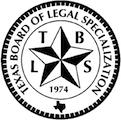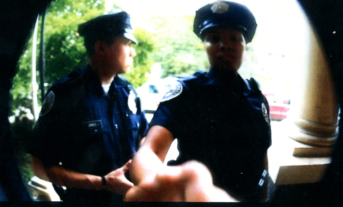The police do not need “reasonable suspicion” or “probable cause” to initiate a “consensual encounter” with any given individual. A police officer may approach you and ask you questions at any time. However, during such a consensual encounter, you are always free to leave if you no longer wish to talk (just as you would any other general member of the public).
If you are not under arrest, you are under no obligation to provide your name or other identifying information.
You do not have to provide your name, date of birth, or address to an officer unless you are under lawful arrest. In other words, even if you are lawfully detained, but not under arrest, you are not required to provide officers with identifying information.
A stop may be justified if an individual is exhibiting any combination of the following behaviors:
- Appears not to fit the time/place;
- Matches the description of a person wanted;
- Acts strangely, or is emotional, angry, fearful, or intoxicated;
- Loitering, or looking for something;
- Running away or engaging in furtive movements;
- Present in a crime scene area;
- Present in a high-crime area (not sufficient by itself or with loitering).
If You Are Stopped, Questioned, and/or Frisked
- Police may stop and briefly detain you only if there is reasonable suspicion that you committed, are committing or are about to commit a crime.
- You should ask if you are under arrest or free to leave.
- Don’t bad-mouth a police officer or run away, even if you believe what is happening is unreasonable. That could lead to your arrest.






















